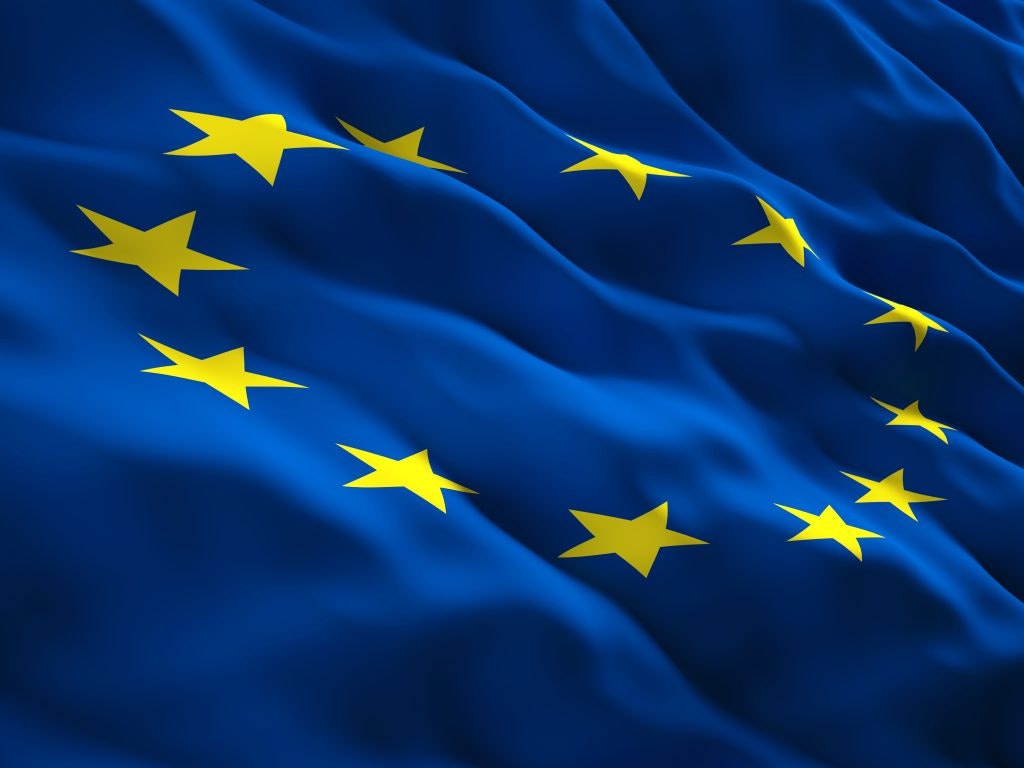The growing dependence of Europe on US tech corporations for digital infrastructure is increasingly causing concern among political decision-makers and business leaders. Benjamin Revcolevschi, CEO of the French cloud provider OVHcloud, is currently experiencing this firsthand: "We talk to digital ministers in Europe every week about sovereignty." The reason is the concern over the extensive dominance of American providers.
Amazon, Microsoft, and Google control more than two-thirds of the European cloud market. Added to this is the market power of US companies in operating systems, search engines, AI applications, and social networks. The dependency on American infrastructure is increasingly perceived by Brussels as a geopolitical risk—especially in light of former US President Donald Trump openly threatening trade restrictions and sanctions. The concern is so great that European institutions fear Washington could demand access to data stored in Europe, supported by the US Cloud Act.
Henna Virkkunen, new EU Commissioner for Technology with the addition "Tech Sovereignty", wants to strengthen Europe's independence in areas such as quantum computing, AI, and semiconductors. Dependence on US corporations is "a tangible risk", says Virkkunen. At the same time, the EU Commission announced a law to expand European capacities in cloud and AI infrastructure.
But Europe's options for action are limited. Only a few of the world's leading tech companies originate from the EU. Independent start-ups struggle with a fragmented internal market, regulatory uncertainties, and lack of access to venture capital. "You can't buy European if there are no European products," warns Dariusz Standerski, Digital Secretary of State in Poland.
Economists like Mario Draghi attribute Europe's lag in productivity and innovation particularly to weakness in the technology sector. Proton CEO Andy Yen sees this as a risk for growth, employment, and future competitiveness: "If we do not invest, we voluntarily forgo the backbone of the next wave of growth.
The cloud market is at the center of the debate. The EU is considering enshrining "Buy European" clauses in its legislation to specifically promote European providers. France's industry and digital ministers explicitly demand this for critical infrastructures. Microsoft, Google, and Amazon are countering with "Sovereign Cloud" offerings to ensure data sovereignty in Europe. But critics like Max von Thun from the Open Markets Institute speak of "sovereignty washing.
The OVHcloud boss welcomes the debate but points to a lack of alternatives: "Local providers must still prove that they can offer true sovereignty." At the same time, Revcolevschi points to the EU's long breath: "When Europe wakes up, things start moving.
Despite all commitments, the investment volume remains a sticking point.







